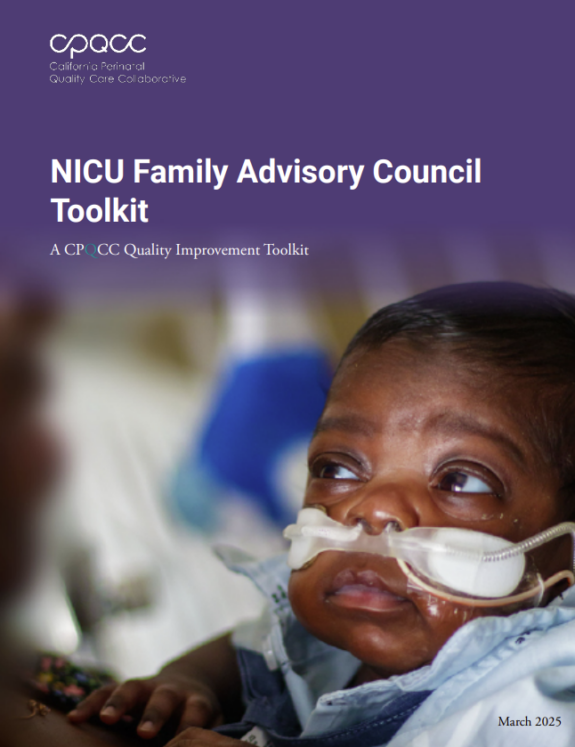Families of Children With Medical Complexity: A View From the Front Lines
This article, written by a group of experienced parents of children with medical complexity (CMC), provides an overview of the demands of managing care from their unique perspective. The article articulates why attention to understanding the challenges that families of CMC face with a fragmented health care system, inadequate health insurance coverage, deficits in the delivery of medical care, and problems accessing other critical services (as well as lack of support for children and adolescents in developing and exercising self-management skills) are vital to efforts to improve the current system and positively impact the life course of vulnerable populations.
The authors discuss the financial and intangible costs experienced by families of CMC and other stakeholders (including providers, payers, and others), as well as the benefits that can result when effective, flexible, comanaged team-based care coordination is provided within the environment that is the most natural locus of care for the family. The authors detail the role of policy strategies that provide protections for CMC and the importance of family-led advocacy and support organizations in helping families “on the front lines.”
Throughout the article, the case is made that families authentically involved at every level of health care systems are critical partners in designing policies and systems that will improve care for CMC. The experiences of families of CMC should inform and guide efforts to improve systems of care, thus positively impacting the life course of this vulnerable population.
Related Webinar: The lead author and experts in the field review the article’s key content and discuss why care coordination is vital to improving the system of care.
This article is part of a supplement to Pediatrics entitled, “Building Systems that Work for Children with Complex Health Care Needs.”

